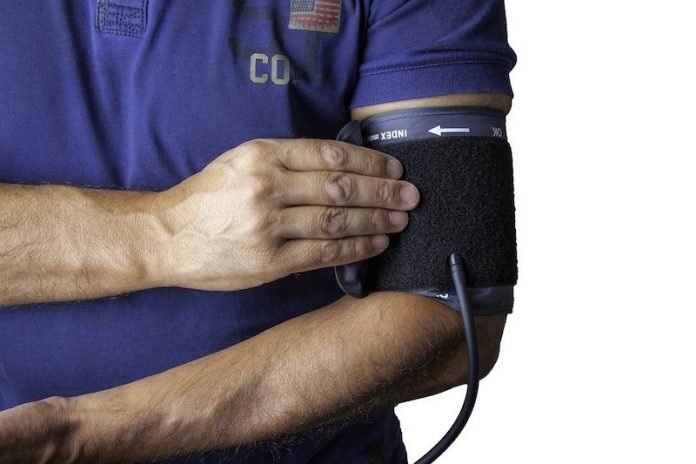
In a recent study from Brigham and Women’s Hospital and elsewhere, researchers developed a program that provides an end-to-end solution to improve blood pressure and cholesterol levels across a broad population of patients at high heart disease risk.
Developed before the COVID-19 pandemic, the disease management program uses task shifting, standardized treatment algorithms, and digital solutions such as home blood pressure cuffs to adjust medications based on how a patient is doing.
The program relies on a team of navigators and pharmacists to help deliver personalized care remotely, without the need for in-person visits or physician involvement in every treatment decision.
The study is published in Circulation. One author is Benjamin Scirica, MD, MPH.
In their paper, the team summarized the interim results of the first 5,000 Mass General Brigham patients with uncontrolled LDL cholesterol, blood pressure or both, who were enrolled between Jan. 1, 2018, and May 21, 2020.
Patients were mostly prescribed lower-cost generic drugs through the program.
Pharmacists initiated and adjusted prescriptions for individuals based on clinical algorithms, prescribing more intensive medications if a patient needed them or adjusting a dosage if a patient was initially intolerant to a medication.
Non-licensed navigators served as the face of the program. They communicated directly with patients, providing treatment recommendations and education until treatment goals were met.
Digital tools helped support the workflow and clinical decisions for the navigators and pharmacists.
The program was supervised by specialists, and primary care physicians were updated on all treatment changes.
Of the 3,939 patients in the Lipid program, 1,343 had achieved their goal low-density lipoprotein (LDL) cholesterol level by the time of this report, with the average decrease in LDL cholesterol being 52 mg/dl (42%).
An overall drop in cholesterol levels of 24 mg/dl (18%) was seen in all patients, including those still being actively managed.
Of the 1,437 patients enrolled in the high blood pressure group, blood pressure levels dropped by an average of 14/6mmHg (systolic/diastolic) in the 556 who had completed the program by the time of this report.
The team says these reductions are clinically meaningful. Reductions of this magnitude in blood pressure and cholesterol result in fewer heart attacks, strokes, and other cardiovascular events.
Copyright © 2021 Knowridge Science Report. All rights reserved.



